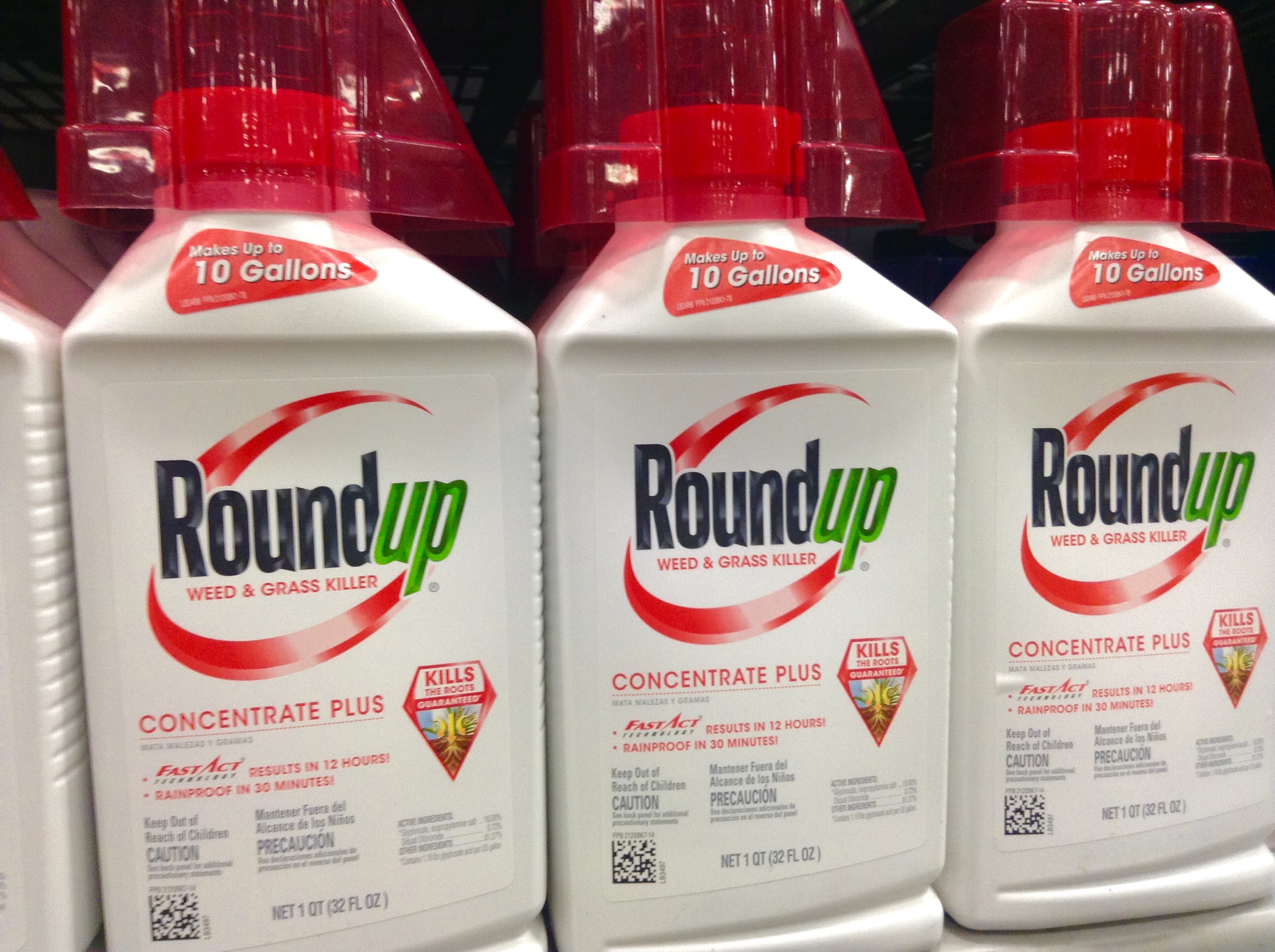
Food Safety: Pesticide Residue in Food
In late March of this year, glyphosate, the active ingredient in Monsanto's bestselling weed killer Roundup, was reclassified as a "probable carcinogen" by the International Agency for Research on Cancer (IARC), a division of the World Health Organization (WHO).
Glyphosate is most heavily applied on genetically engineered (GE) corn, soybeans, and sugar beets, but it's also commonly used to desiccate conventional (non-GMO but non-organic) wheat and protect other conventional crops from weeds.
September 22, 2015 | Source: Mercola | by Dr. Mercola
In late March of this year, glyphosate, the active ingredient in Monsanto’s bestselling weed killer Roundup, was reclassified as a “probable carcinogen” by the International Agency for Research on Cancer (IARC), a division of the World Health Organization (WHO).
Glyphosate is most heavily applied on genetically engineered (GE) corn, soybeans, and sugar beets, but it’s also commonly used to desiccate conventional (non-GMO but non-organic) wheat and protect other conventional crops from weeds.
California to Put Cancer Warning on Roundup
In response to the IARC’s determination, British and German retailers have started removing Roundup from its lineup of weed killers sold to the general public. France has also announced plans to restrict its sale at garden centers.1
The IARC is one of the research agencies from which the California agency of environmental hazards gets its data to declare carcinogens under Prop 65 and, as predicted, environment officials have now issued a notice of intent to put a cancer warning on Roundup.2
Glyphosate cannot be washed off and can remain stable in foods for over a year.3 But what many don’t appreciate is that Roundup is actually far more toxic because of its surfactants that synergistically increase glyphosate’s toxicity.
GE crops are much more heavily contaminated with glyphosate than conventional crops by nature of their design, and this fact alone blows a massive hole in GMO safety claims.
Considering that, plus the fact that the US Department of Agriculture (USDA) does not test foods for glyphosate residues due to the high cost of doing so,4 a Prop 65 label would probably be appropriate for most non-organic processed foods as well — those with genetically engineered (GE) ingredients in particular.
Time will tell if California will ever take it that far, as that would truly be the death knell for Monsanto and other chemical technology companies, but it’s definitely something to consider when you’re buying your groceries.
